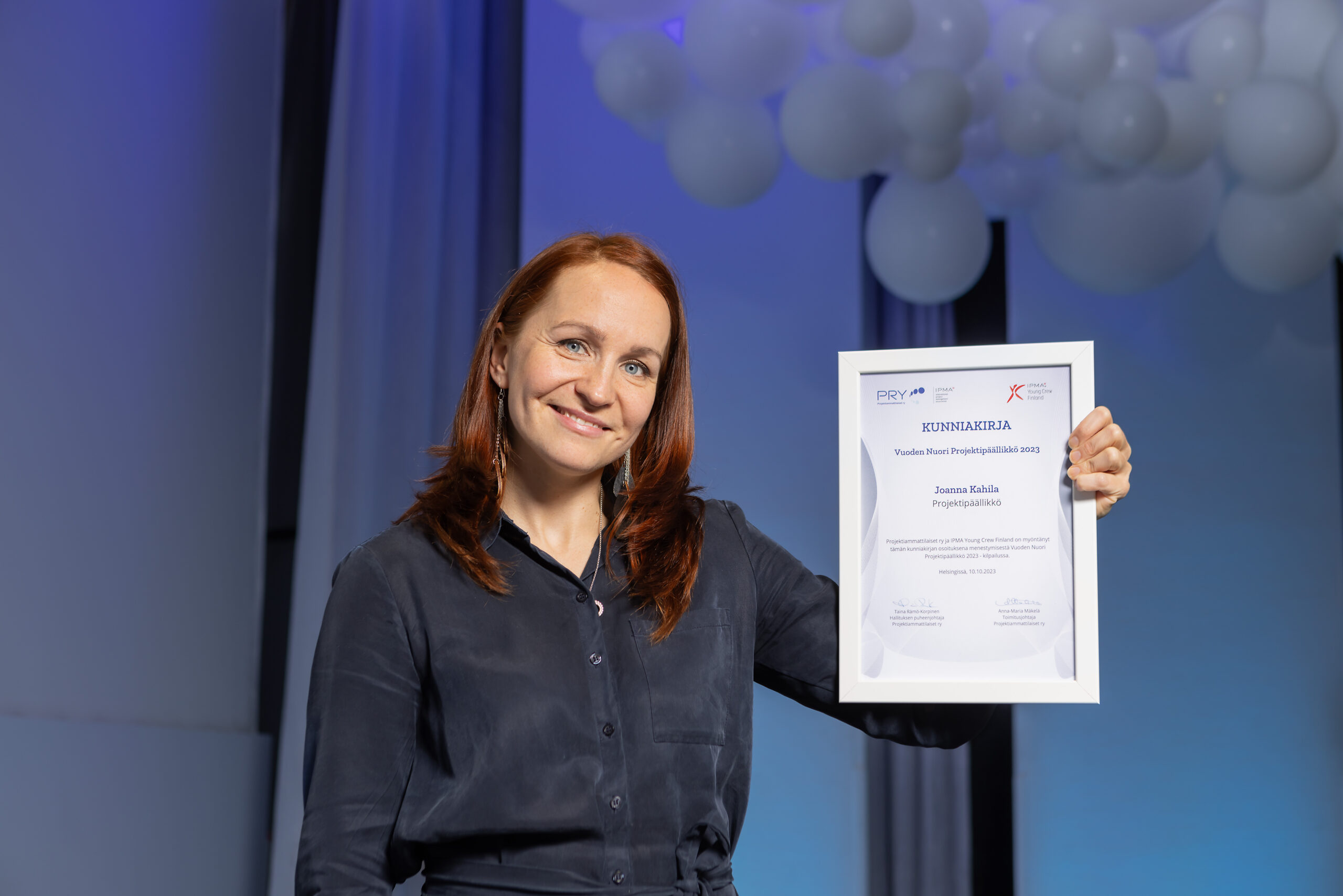Henrik Dettmann, Finland’s most successful basketball coach, swears by individual and conversational leadership. Results are achieved by discovering the potential of individuals and drawing energy from emotion and enthusiasm. The ability to change and to listen are the most important tools of a leader.
Text by Veera Niemelä
Photos Ville Vuorinen

– The coach aims to help you discover your potential. What potential each person has is always individual,” says long-time basketball coach Henrik Dettmann. The lesson applies to managing people in top sport as well as in the workplace.
The long-time head coach of Susijeng has had a distinguished career as a basketball coach in Finland and abroad and is currently the Sports Director of the Finnish Basketball Association. Dettmann has been a coach for 50 years and a professional coach for 30 of them. His coaching career took off at the age of 15.
– When I started, my father said it was a great hobby, but I should get a real job,” Dettmann laughs. But he followed his passion, and it paid off. Over the years, he’s picked up a few management lessons.
The game brings together different individuals
Dettmann’s management philosophy boils down to two elements: people and the game. It all starts with the human concept – the human concept of the manager is reflected in the way he leads.
– I think of a person as a thinking and feeling unique individual with a life of his own,” Dettmann explains. Different people, unique individuals, require different management styles.
– I can only coach individuals, not a team. A team is made up of many individuals who are different, and therefore you cannot coach them all in the same way. That would be unfair,” Dettmann continues.
However, individuals are united by a game of basketball or by a common workplace and its goals.
– No one can be bigger than the game, says Dettmann. To get the game right, individuals must work together to achieve common goals.
Everyone wants to succeed

Dettmann points to finding the potential of the individual as the key to achieving goals. He also knows how a leader does it and motivates the individual to perform at their best.
– You have to find a way to get to the heart of the person you are coaching. But ultimately it’s a question of emotion,” says Dettmann.
Here too, it is the concept of man that counts.
– Do you think that someone deliberately misses, that they deliberately do badly? Or do you think that everyone actually wants to succeed? Everyone has a brain, emotions and intellect that works. It’s up to the coach to make sure that people recognise and feel that they can use their own skills,” Dettmann continues.
Using your own skills can sometimes also mean taking a knock and throwing yourself into things you don’t yet know how to do. It’s the fuel for growth.
– Too often we let ourselves off the hook by making excuses for why we can’t do something. This is where a good coach who dares to insist can be of great help. Demanding is ultimately about appreciating and caring for others, but it must not be oppressive,” says Dettmann.
Own your goals and know yourself
In basketball, as in work, there is always a desire to achieve results.
– I don’t think achieving a result is in any way distressing, nor should it be made distressing. The result is just the truth about where you are at that moment. What matters is the journey you have taken to get there,” Dettmann sums up.
But what kind of leadership gets results?
First, the objectives must be defined so that everyone understands them and their role in achieving them.
– We often talk about goals, but we haven’t thought about how people perceive and own that goal. If I just tell someone that this is your goal, they won’t own it very well,” Dettmann points out. An externally imposed goal that people have not taken ownership of is rarely fulfilled.
It would be important for everyone to know themselves, so that they can help the leader to manage themselves properly.
– We have a saying in basketball that a mature person is a mature basketball player. The game runs smoothly when everyone knows their role and does their part for the common goal,” Dettmann illustrates.
With emotion and enthusiasm for results
To achieve results, Dettmann has a formula of three e’s: enthusiasm + emotion = energy. Enthusiasm and emotion create energy, and energy is what gets results.
The first building block is enthusiasm – it’s what drives you forward, in elite sport and in the world of work.
– To some, it may sound naive to suggest that people tend to end up doing things they like in the first place. This is certainly true in sport, but I believe it is true more widely. This is not to say that everything you do should be purely enjoyable. For many people, the best part is the moment when they realise they have stretched their comfort zone,” Dettmann reflects.
Dettmann also stresses the importance of letting people show their feelings: it shows that you care about what you do.
– If you cannot show your feelings, you close yourself off from others. As we grow, we learn to show our emotions in appropriate amounts. A child shows his emotions by laughing or crying, and we adults learn over time to show them hopefully in a slightly different way,” he laughs.
A leader alone does not get results

Even in challenging situations, Dettmann advocates talking and especially listening. A good culture of debate is essential to achieve common goals.
– In Finland, we laugh at our western neighbours because they are always fundraising and discussing, but if you look at it from the point of view of economic development, they are doing much better than we are. Here, there tends to be a kind of spirit that first you show how tough you are, and then it’s difficult to move forward without losing face,” Dettmann says.
– Then there are the people who, for one reason or another, don’t say what they think. If you leave something unsaid, you are stingy with information that could be useful to your team,” he continues. The important thing is to say what you want to say and to listen to what your teammate is thinking.
However, it must be recognised that the manager has a lot of power over how the workplace deals with failures.
– It’s easy to lead people by showing them everything they’ve done wrong. Sure, it gives you power over others, but not a very good collective result. I think the only mistake people end up making is to stop trying,” says Dettmann.
A leader who can change is a good leader
Dettmann sees the ability to change and develop as one of the most important skills of a leader.
– If I didn’t have the ability to change, I certainly wouldn’t have stayed in this job for so long. You always have to be humble to the situation and to the people,” he says. Leadership is a constant interaction between players and coach.
Coaching young people has kept Dettmann on his toes:
– They challenge me all the time. Thank you for that, because if you don’t change in time, you’re out of the gang.
Henrik Dettmann

The current Sports Director of the Basketball Federation has coached top basketball players both in Finland and abroad. Dettmann was head coach of the Finnish men’s national team from 1992-1997 and 2004-2021, and has also coached in Germany, France and Turkey. Dettmann led Finland to several World Cup titles and the German men’s national team to World Cup bronze in 2002.
Dettmann is from Helsinki. A fourth-generation Stadler, he grew up in Pohjois and Etelä-Haaga. He now lives in Kauniainen with his wife and their 11- and 16-year-old children. In his spare time, he enjoys exercise and swimming and hopes to play golf again when he grows up.


